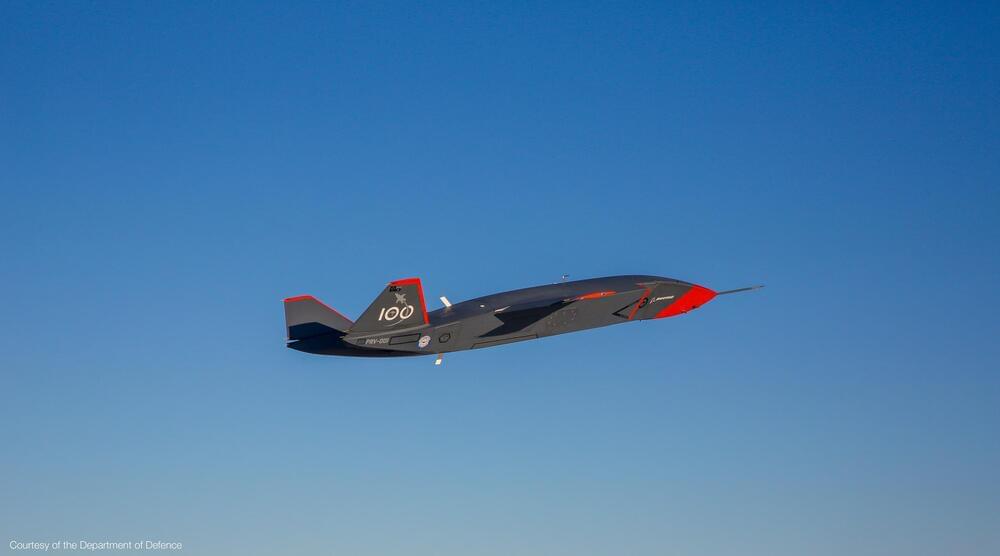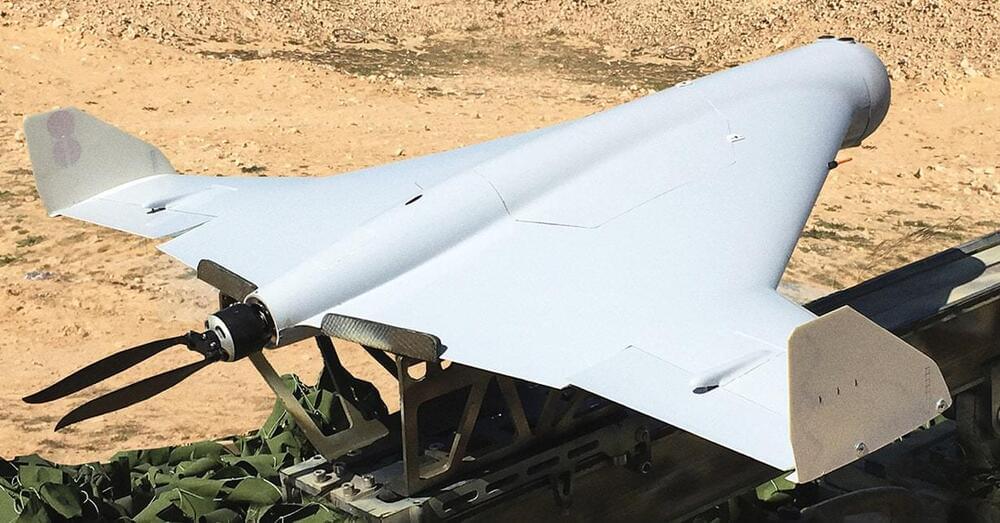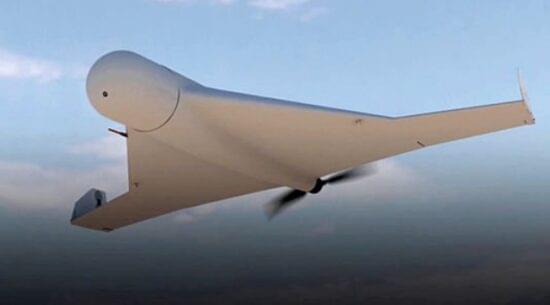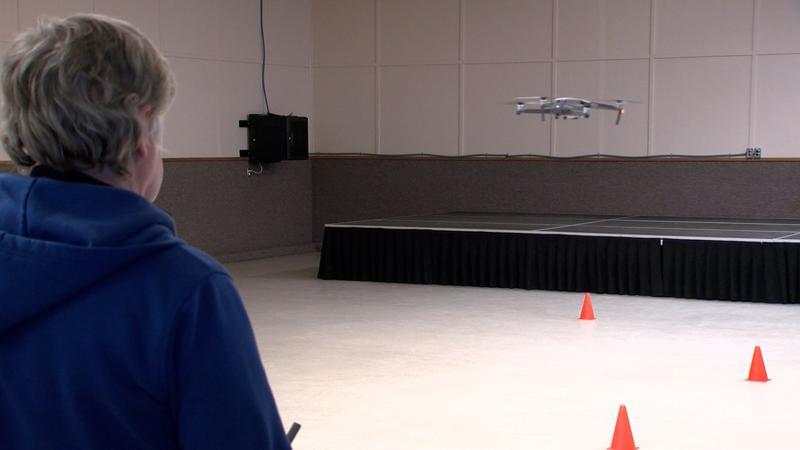Mikhail Kokorich is the founder of Destinus. This serial entrepreneur has been dubbed Russia’s Elon Musk by his public relations team. The Russian businessman says his business, Destinus, is developing a hydrogen-powered, zero-emissions transcontinental delivery drone that can travel at speeds up to Mach 15.
Destinus plans to combine the technological advancements from a spaceplane with the ordinary and straightforward physics from a glider to create a hyperplane that will meet the many demands of a hyper-connected world.
This hyperplane will use clean hydrogen fuel to transport cargo between Europe and Australia in mere hours. The hyperplane will be fully autonomous; it will take off from ordinary runways, traveling leisurely to the coast before accelerating to supersonic speeds.








